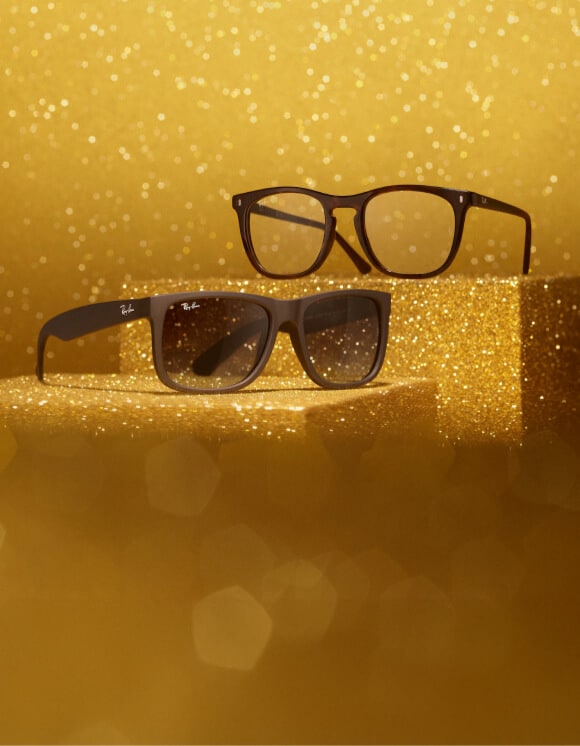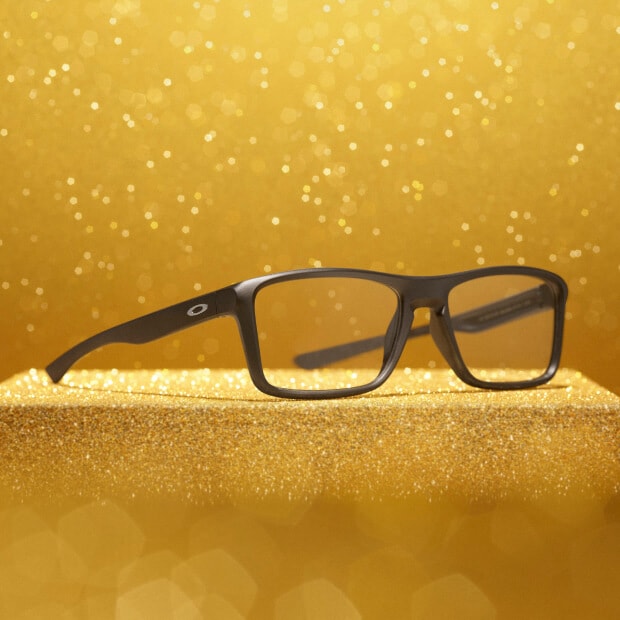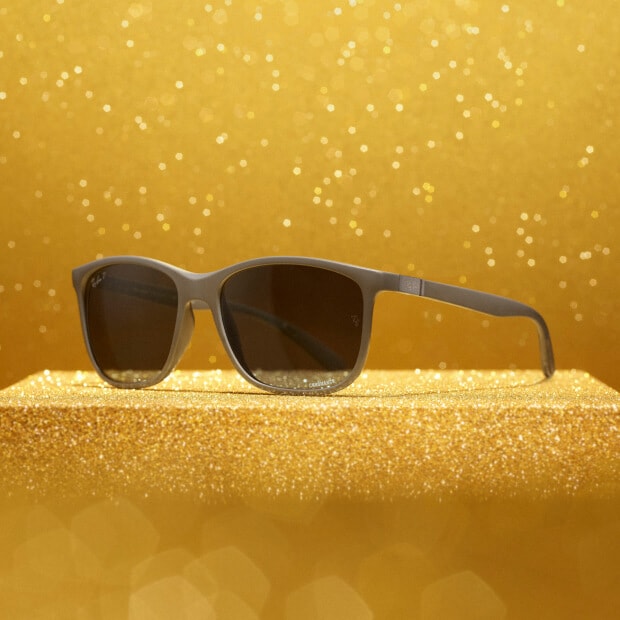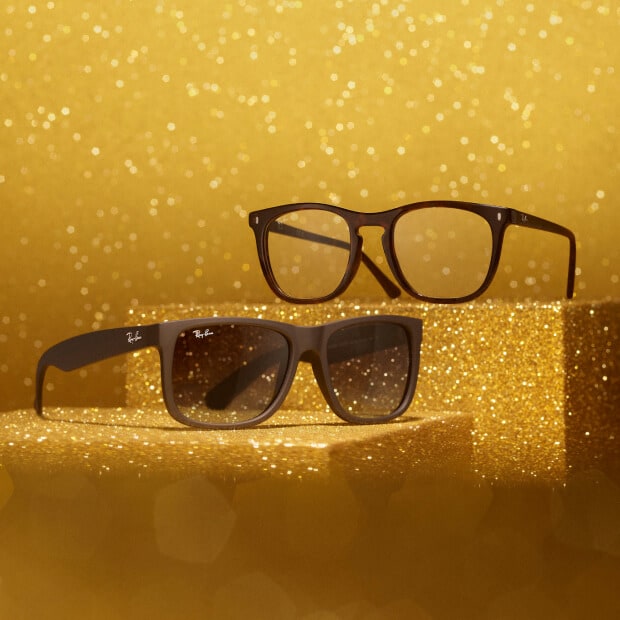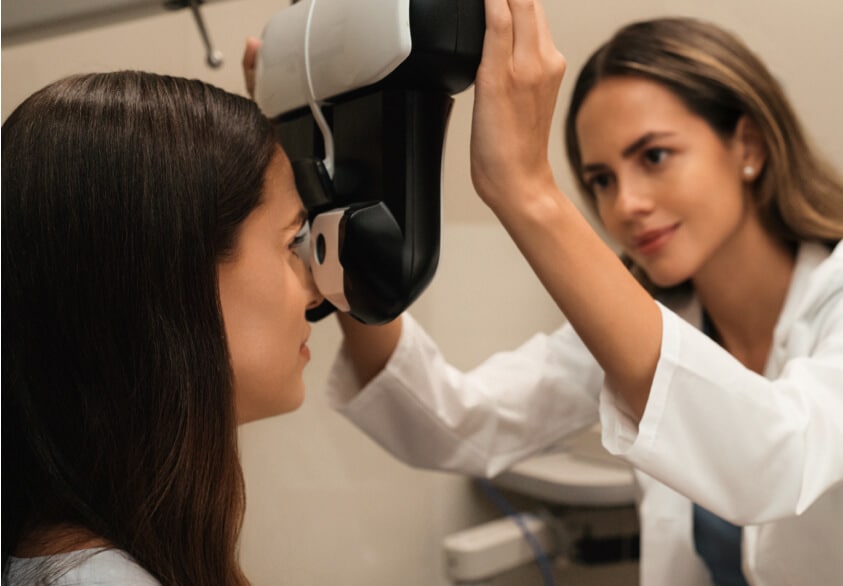vision on the road
Vision changes as you get older, especially in your 50s and 60s. One of the most noticeable changes is a decrease in night vision.
You may find that you subconsciously avoid driving at night. Or when you do drive at night, the glare from oncoming headlights is more
distracting than it used to be. While this is extremely common among older adults, it’s not hopeless. Your eye doctor may be able to
prescribe glasses to help you drive safely after the sun goes down.
Below, we explain why night vision decreases with age, and provide some tips to help with it so you can keep doing the things you love.
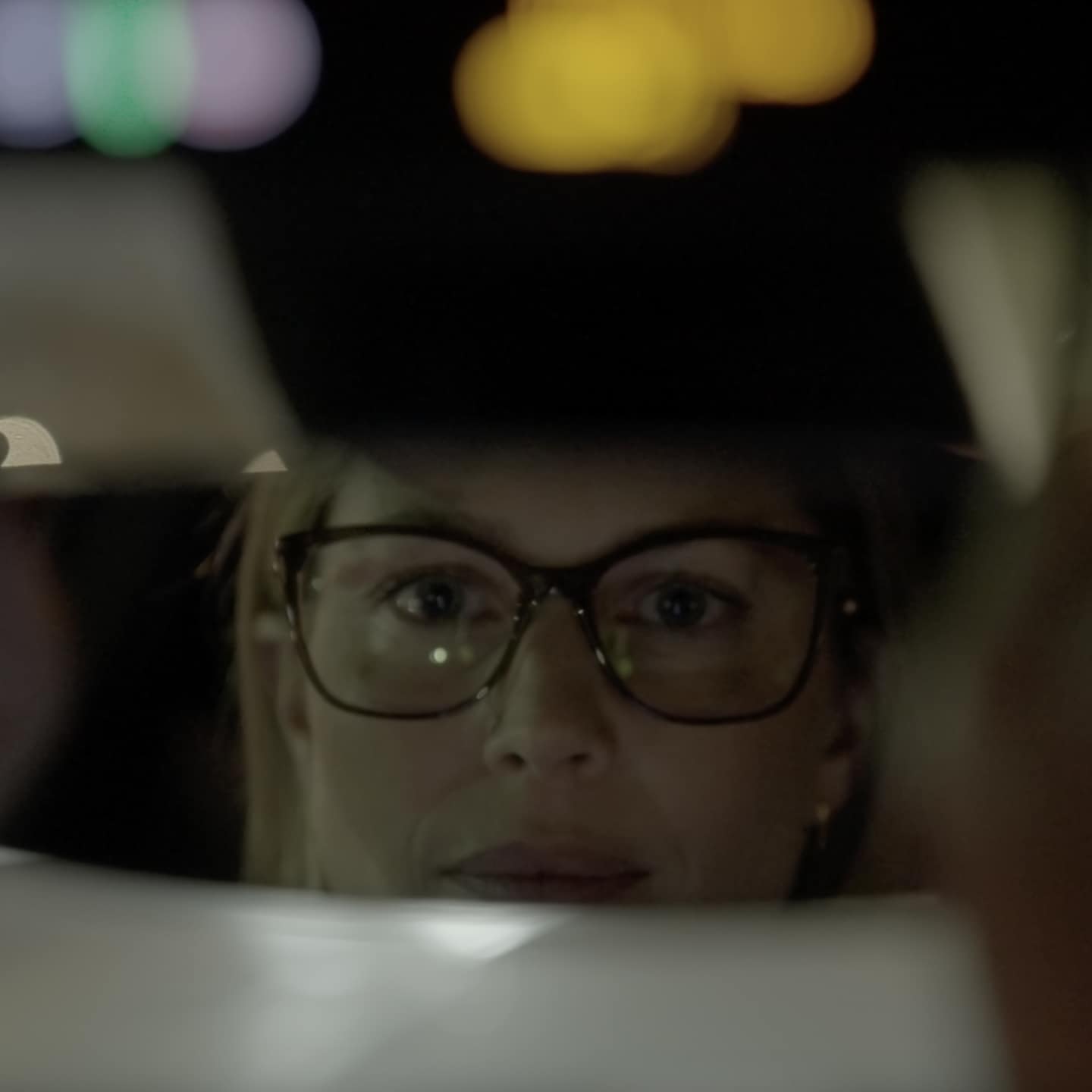
Why is it harder
to
see at night?
Your night vision relies on your
pupils, which function
by controlling how much light enters your eyes. In bright conditions, the pupils constrict (get smaller) and in dark conditions, they dilate
(get bigger) to let more light in.
As you age, your pupils get progressively smaller and they don't dilate as quickly. If the pupils can’t dilate properly in low-light
conditions, less light reaches the retina. This makes it increasingly difficult to see clearly at night — a condition known as night
blindness.
Night blindness
and driving
For people with night blindness, their eyes have a hard time adjusting from bright to dim light. This can make night driving
particularly stressful for people in their 50s, 60s and beyond.
Not sure if you have night blindness? Below are common symptoms of the condition.
5 SIGNS OF NIGHT DRIVING ISSUES:
- Inability to see road signs clearly
- Difficulty reading in-car displays, like a GPS map
- Inability to judge distance and speed
- Difficulty adapting to glare from streetlights and oncoming headlights
- Decreased or loss of peripheral (side) vision
Talk to your eye doctor about common eye conditions you experience when driving at night. They can perform a comprehensive eye exam to compare your daytime and nighttime vision, ensure your eyes are otherwise healthy, and determine an appropriate vision prescription.
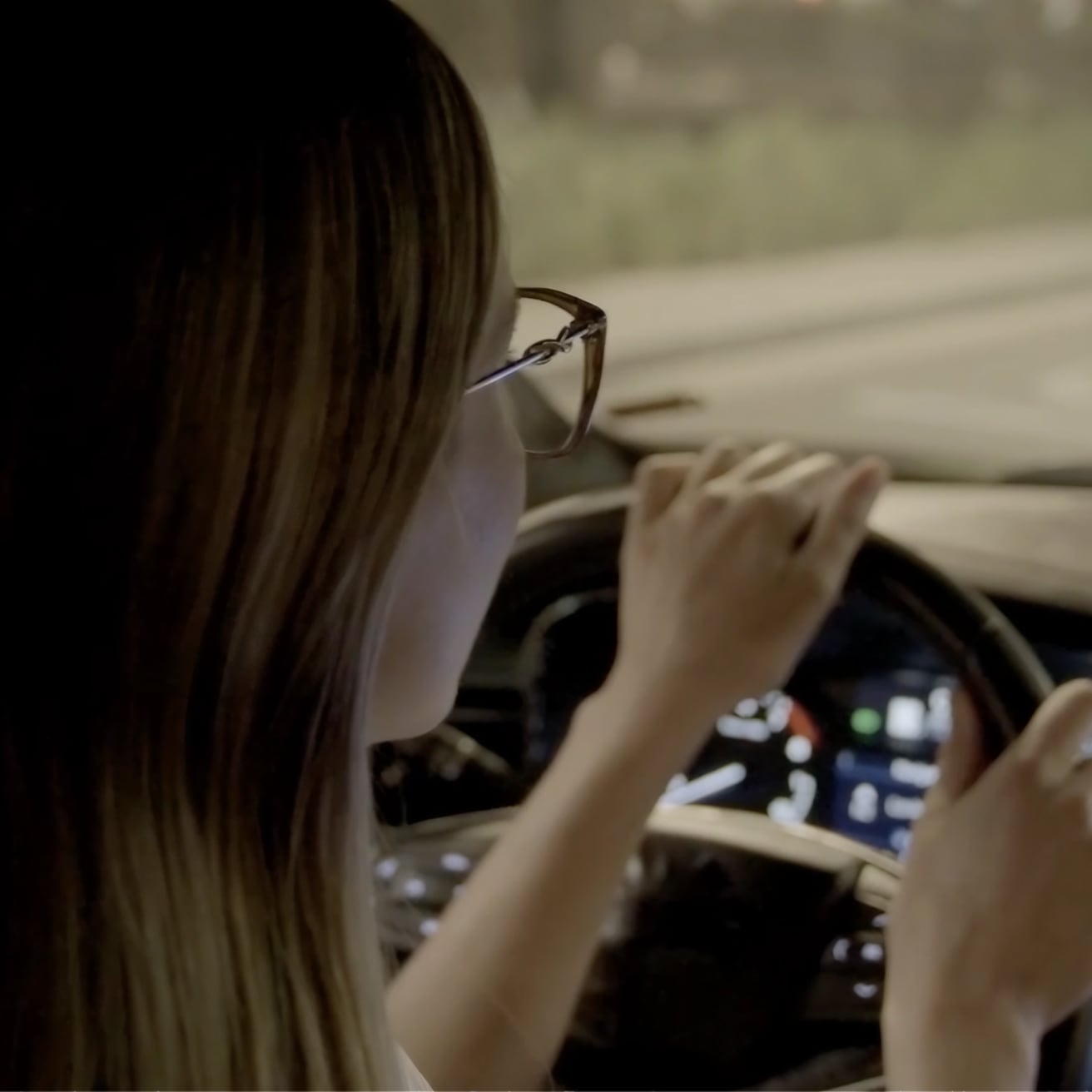
ANTI-REFLECTIVE
LENSES
AND OTHER
TIPS
Once you have your specific vision prescription, your eye doctor may recommend night driving glasses. Prescription night driving glasses
have anti-reflective (AR) coating. AR coating significantly reduces glare, which minimizes the starbursts and halos you see around
lights.
Prescription night driving glasses also sharpen your vision to help you see better on the road and feel more confident when night driving.
5 TIPS FOR KEEPING SAFE WHILE NIGHT DRIVING:
- Wear prescription night driving glasses with anti-reflective lenses.
- Keep your windshield clean.
- Watch your speed so you don’t ‘outrun’ your headlights.
- Allow extra time when driving an unfamiliar route.
- Sharpen your driving skills with a refresher course.
- Avoid dark roads when you’re tired.
Don’t let night blindness keep you from going out at night. Wearing prescription glasses for night driving can make it possible to enjoy the open road safely, day or night.
Book an eye exam in 3 easy steps
Choose your location
Schedule an eye exam
Add to calendar




